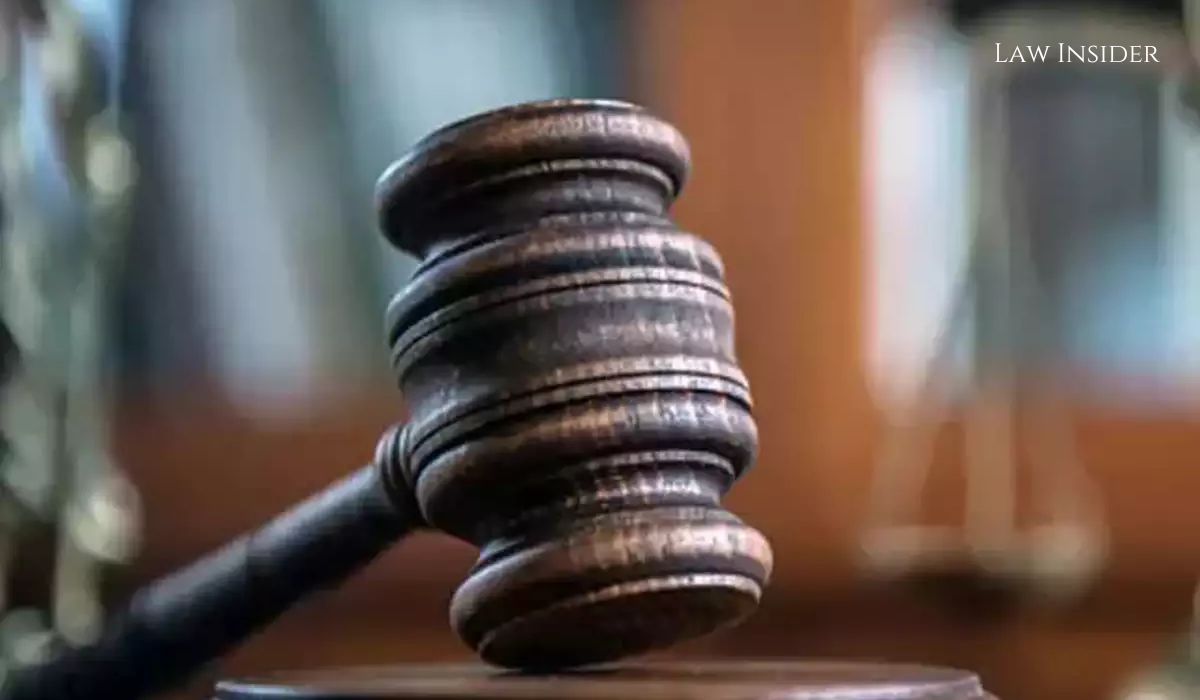Bhuvana Marni
Published on: 31 October 2022 at 19:36 IST
The Supreme Court has agreed to review a PIL that challenges the first amendment to the Constitution, 1951, which changes the freedom of speech and expression. The petitioner argues that the amendment violates the basic structure doctrine.
The case was taken up earlier this month by a bench led by Justice Sanjiv Khanna, who stated that there is a “legal issue” that emerges “for consideration” and asked the Centre for its views.
“As legal issue arises for consideration, it will be open to the petitioner, who appears in-person, and learned counsel for the respondents to file written synopsis, not exceeding five pages, along with relied upon judgments,” the bench, also comprising Justice J K Maheshwari, said in its October 17 order.
Senior Advocate K. Radhakrishnan, the petitioner, claimed in his appeal that Section 3(1) of the 1951 Amending Act replaced the original Clause (2) of Article 19 — which dealt with reasonable restrictions on the freedom of speech and expression guaranteed by Article 19(1)(a) — with a new Clause (2) that contained “two objectionable insertions” that allowed restrictions also “in the interest of public order” and “in relation to incitement to an offence.” The phrase “tends to topple the State,” which was in the old Clause (2), was similarly omitted in the new Clause (2).
The petitioner claimed that Section 3(2) of the Amendment Act validated some legislation even though they restricted or abridged the right to free speech.
The petition argued that these two additions protect Sections 124A (sedition), 153A (promote hostility between different groups based on religion, race, place of birth, residence, language, etc.) and 295A (deliberate and malicious acts, intended to outrage religious feelings of any class by insulting its religion or religious beliefs) and 505 (statements conducing to public mischief) of the Indian Penal Code “from the vice of unconstitutionality.”
“The two questionable expressions inserted unduly abridge the fundamental right under Article 19 (1)(a),” the petition said. This undue abridgement “does not advance or subserve any constitutional objectives” but “damages, inter alia democracy and republicanism and supremacy of the Constitution”, Radhakrishnan submitted.
The amendment also neglects national security by dropping the expression ‘tends to overthrow the State’, he said. “The glaring omission of the expression ‘tends to overthrow the State’ raises grave concern in the context of the dangers posed to the concept of a secular democratic republic by radicalism, terrorism and religious fundamentalism,” he said.
The plea urged the court to declare Section 3 (1)(a) and 3 (2) of the First Amendment “beyond the amending power of Parliament” and void since the “same damage the basic or essential features of the Constitution and destroy its basic structure”.

